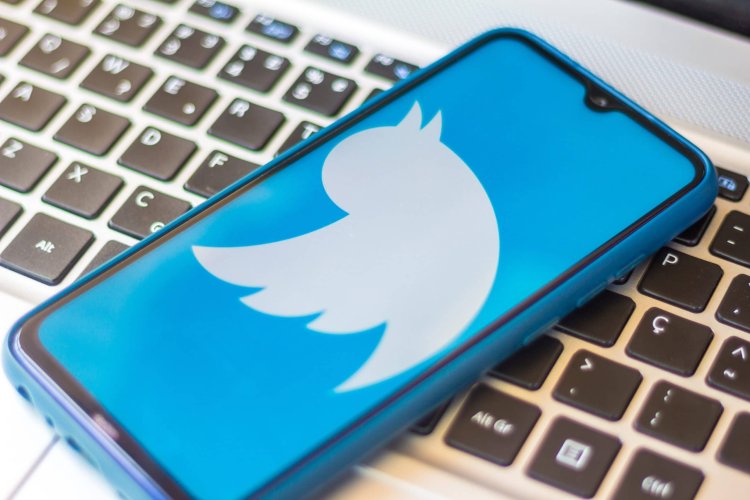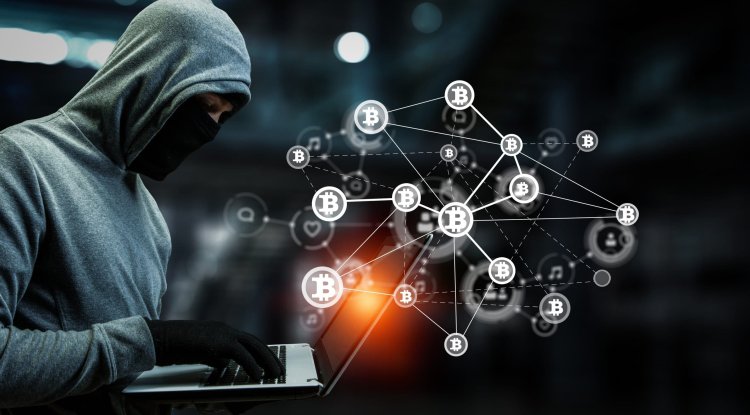E. Musk violated the confidentiality agreement

Recently, we saw how Microsoft completed its acquisition of Zenimax and how NVIDIA ultimately did not acquire ARM Holdings. Two operations with distinct outcomes, but in which all stakeholders were extremely secretive throughout the procedure. In the case of the Twitter purchase, expecting Elon Musk to be subtle is akin to planting a 50-cent coin and expecting a tree of 100-dollar bills to grow.
Just a few days ago, he caused havoc by announcing that the operation would be put on hold until the true volume of fake accounts on Twitter could be verified. A few weeks before the purchase was confirmed, Twitter released some data on the calculations of its volume of real users of the service, and one would imagine Musk would have done some research on the subject before proceeding with the purchase. We don't want to believe he could have undertaken such a risky procedure without first doing his homework, do we?
However, the announcement that he was suspending the operation was followed by some tweets (as it had to be, of course), one in particular in which he stated that he was going to carry out his own checks on the matter and that to do so, he would measure with 100 random accounts, the same amount used by Twitter to carry out said verification.
The issue is emphasized in bold in the last paragraph. Twitter, indeed, did the test on 100 random accounts. And how did Elon Musk find out? Because that information is included in the agreement signed by both parties. So far, so good, except for one detail: both sides had signed a nondisclosure agreement (NDA). In other words, Elon Musk has revealed something he had pledged not to release in writing. Something he later admitted to himself in another tweet.
Every day, it becomes evident that Musk was not the brightest student in his class, but we don't believe he was so stupid as to be unaware that he was disclosing information he shouldn't have. So, what exactly is this attitude? What do you hope to gain from this provocation? Maybe deflect regulators' attention? Perhaps renegotiate the buying price? Is it a justification to back down after learning about the financial ramifications of the operation?




























